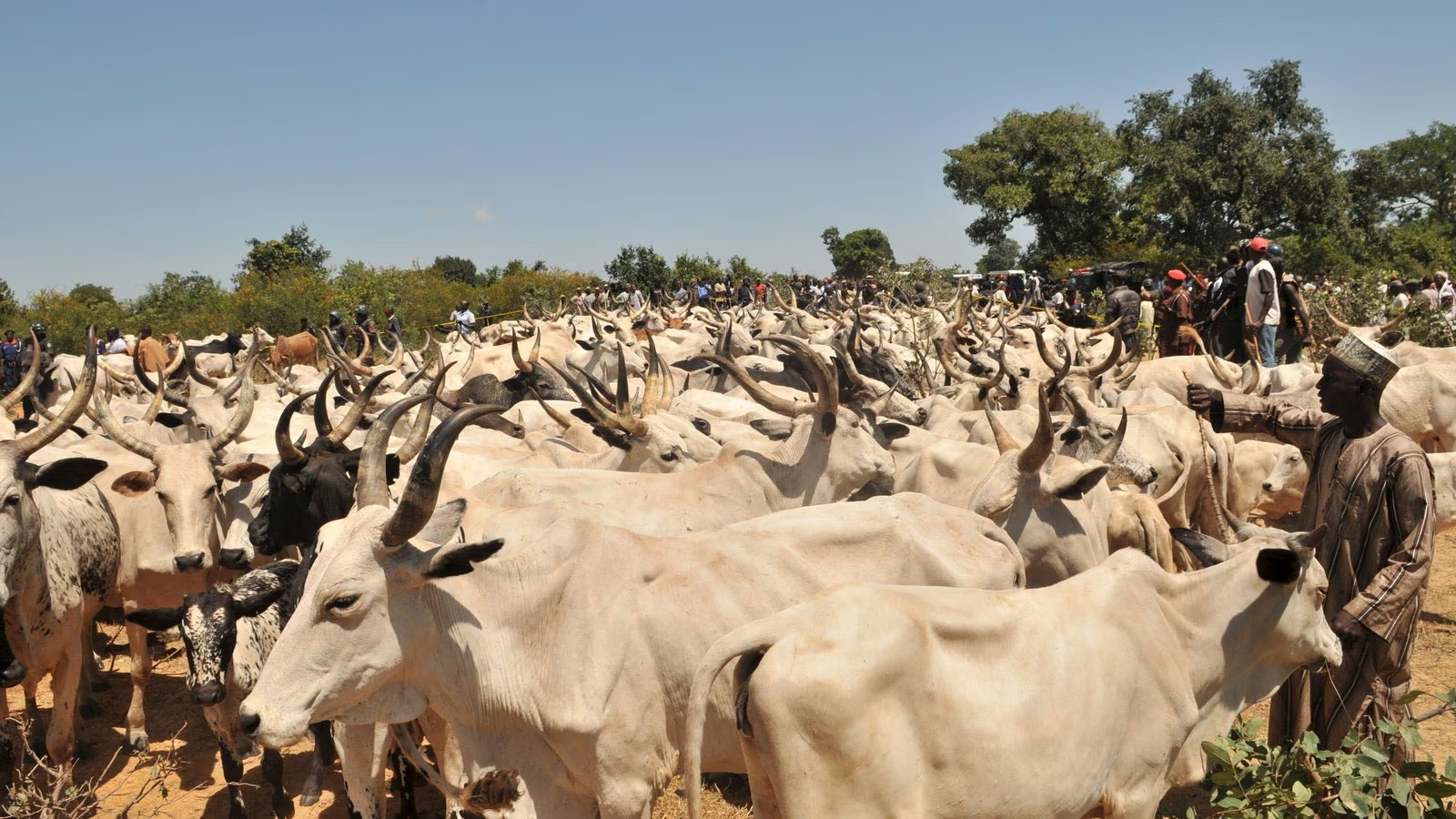A series of armed attacks in Nigeria’s central Benue State has left 23 people dead. This is yet another episode in the protracted conflict between local farmers and nomadic herders, exacerbated by climate change and competition over resources. Despite government efforts, the violence continues to escalate, with serious humanitarian consequences.
Armed assailants killed 23 people in a series of four attacks in Nigeria’s central Benue state, a Red Cross official said on Sunday. The assaults, which occurred on Saturday night across four villages, mark the latest escalation in a long-running conflict in the region.
Clashes between nomadic herders and farming communities over land use are common in central Nigeria. "Our field teams have confirmed at least 23 deaths from separate attacks," said Anthony Abah, secretary of the Red Cross in Benue state, in a statement to AFP.
Eight people were killed in Ukum district, nine in neighboring Logo, and three each in Guma and Kwande areas. Several others were reported injured. A police spokesperson said she had no information about the attacks.
Cephas Kange, a former energy official who recently returned to his hometown near the affected areas, told AFP he had heard of three killings, including a couple shot while riding a motorcycle, which the attackers—described as herders—allegedly seized. He noted that Chinese companies operate gold mining sites in the region.
"The attacks didn’t occur near the mining sites," said Kange. "But it’s unclear why the victims are always local villagers."
The situation in the region has worsened in recent weeks. Just three weeks ago, similar nighttime raids in Logo and Ukum districts left at least 56 people dead, highlighting the growing intensity and frequency of the violence.
In the neighboring Plateau state, similar violence claimed the lives of more than 50 people in April, underscoring the severity of the regional crisis.

Ruins following an attack in Benue State, Nigeria, in February 2023.

A patrol by troops from Operation Whirl Stroke—a special unit tasked with curbing violence, but often arriving only after the fact.
The protracted conflict between predominantly Christian farmers and Muslim Fulani herders in Nigeria’s Middle Belt is being exacerbated by climate change. Increasing droughts and desertification are pushing herders further south, intensifying competition over fertile land and water sources.
In an attempt to defuse tensions, Benue State authorities passed a law in 2017 banning open grazing and promoting ranching. While the measure initially reduced attacks near major towns, it sparked protests among herders and displaced the conflict into neighboring states, complicating broader peace efforts.
The region’s security is formally the responsibility of Operation Whirl Stroke, a military initiative. Despite recent claims by commanders of arrests and weapons seizures, locals report that patrols typically arrive only after attacks have occurred—underscoring persistent gaps in security.
The humanitarian impact remains severe: Benue State alone hosts around 400,000 internally displaced people—second only to Borno State nationwide. Many live in makeshift camps set up in schools and other public buildings, disrupting education and agriculture and raising the risk of a long-term food crisis.
Across the country, Nigeria is grappling with the challenge of managing roughly 2.2 million internally displaced persons affected by various conflicts—a stark indicator of the nation’s escalating humanitarian and governance crises.
Historical Context of the Conflict
Clashes between nomadic herders and sedentary farmers in Nigeria’s Middle Belt have deep historical roots. Serious outbreaks began in the late 20th century, as population growth, environmental degradation, and land scarcity increased pressure on shared resources. In the 21st century, the conflict has intensified amid economic hardship, political instability, and religious tensions—factors that compound the struggle over land and water access. Its escalation has also been fueled by the proliferation of firearms and broader regional instability, including the activities of armed groups such as Boko Haram in the country’s northeast. Despite numerous peace initiatives, violence continues to flare, underscoring the need for sustained and coordinated solutions by both the Nigerian government and the international community.

Displacement camp near Makurdi. Hundreds of thousands live in tent settlements; children play on bare ground.

A Fulani cattle herd.
